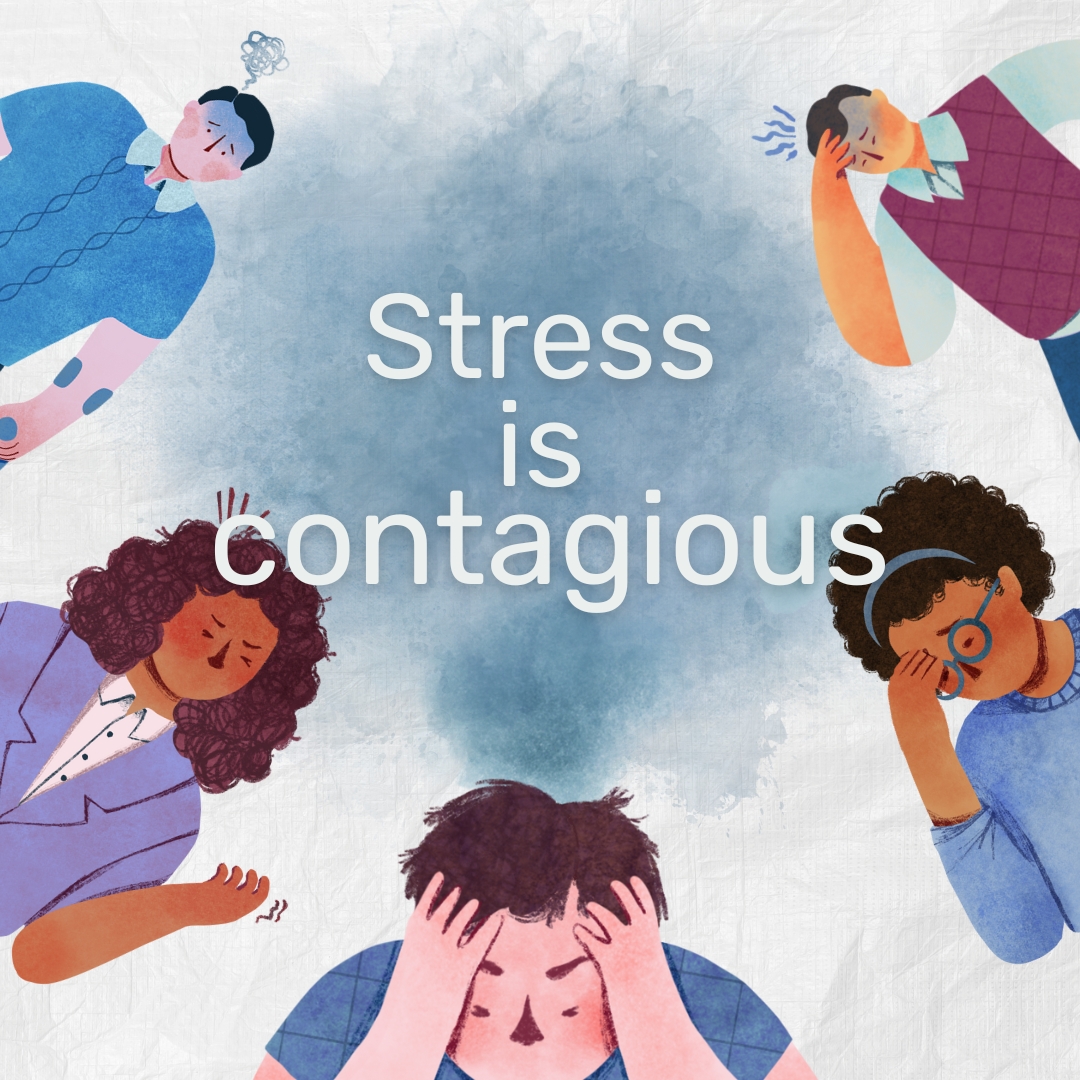Have you ever noticed your stress or recovery metrics changing in response to someone else?

Have you ever felt your heart race just being near someone who is stressed?
Here’s what current research and wearable data reveal about emotional synchrony:
In studies of romantic partners and close friends, researchers observed that heart rate variability (HRV) patterns begin to align during both stressful and comforting moments. One 2022 study showed that the stronger the emotional bond, the stronger the physiological synchrony during shared challenges.
Couples in conflict show parallel drops in HRV, even when they are not speaking. In some cases, partners who are physically apart can still exhibit correlated stress responses when one person is under duress. The nervous system responds to emotional cues in others automatically, often before we are aware of it.
Smart rings and fitness trackers now allow users to observe how their HRV changes across time. In some quantified self case studies, couples have discovered that one partner’s stress shows up in the other’s data especially during periods of unresolved tension or misalignment.
Your nervous system is not isolated. It is responsive to the people around you. The better we understand these shared patterns, the better we can co-regulate. This might look like a shared breath, a gentle walk, or a quiet presence. With biometric data, we can now identify these moments and intervene with greater precision and care.
Have you ever noticed your stress or recovery metrics changing in response to someone else? Would you want to use data to help manage those patterns together?